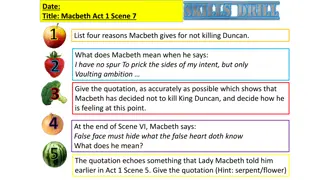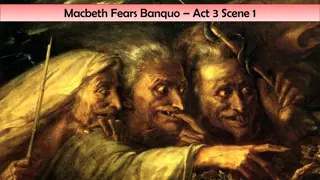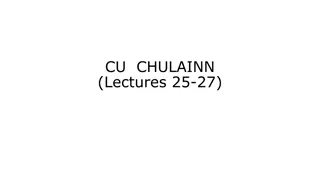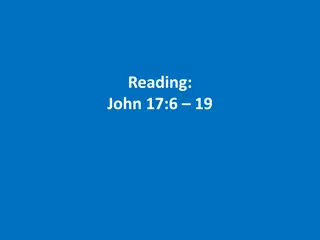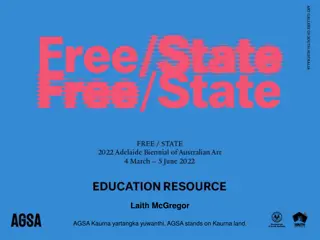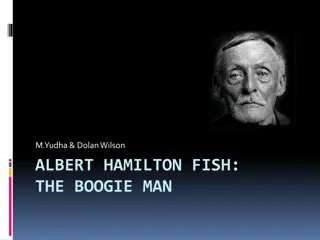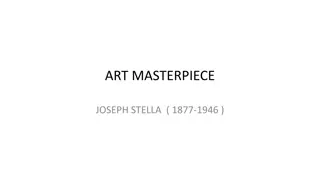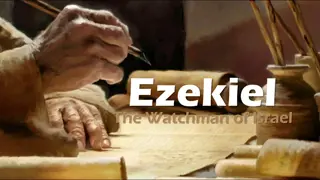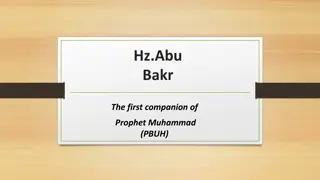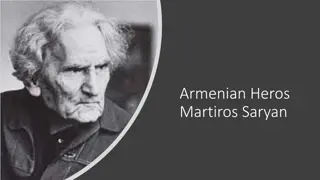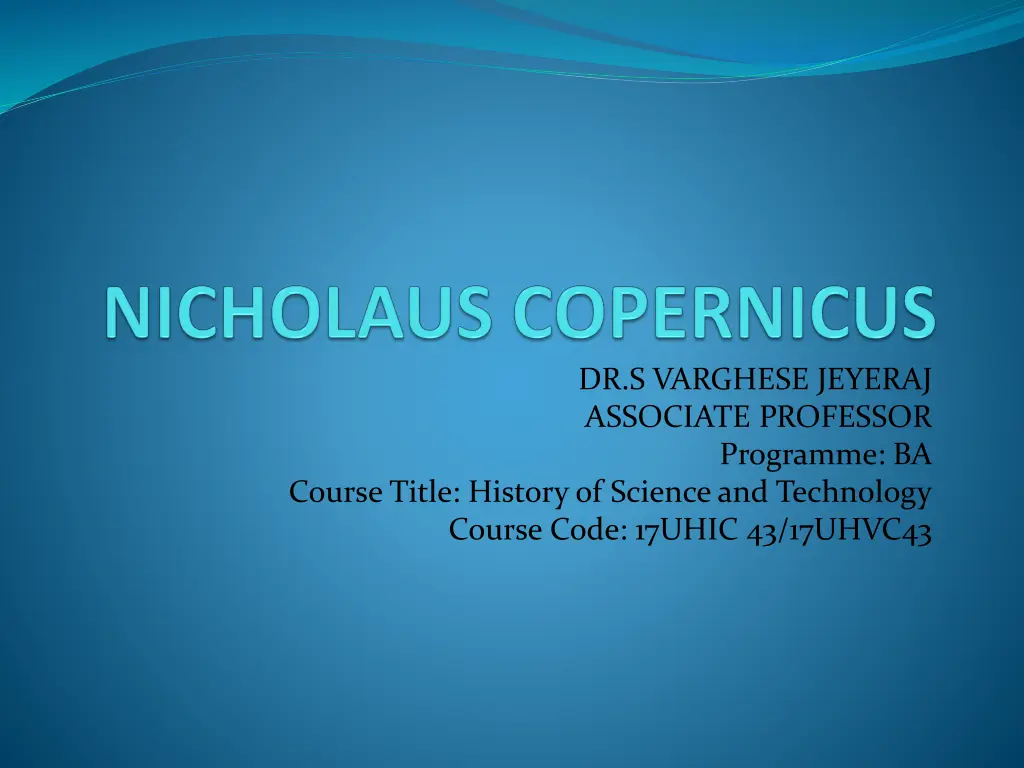
Innovative Contributions of Nicholaus Copernicus in Astronomy
Explore the groundbreaking work of Nicholaus Copernicus, a Polish astronomer known for proposing the heliocentric model in the 1500s. His theory challenged the prevailing Ptolemaic system and laid the groundwork for modern astronomy, revolutionizing our understanding of the solar system.
Download Presentation

Please find below an Image/Link to download the presentation.
The content on the website is provided AS IS for your information and personal use only. It may not be sold, licensed, or shared on other websites without obtaining consent from the author. If you encounter any issues during the download, it is possible that the publisher has removed the file from their server.
You are allowed to download the files provided on this website for personal or commercial use, subject to the condition that they are used lawfully. All files are the property of their respective owners.
The content on the website is provided AS IS for your information and personal use only. It may not be sold, licensed, or shared on other websites without obtaining consent from the author.
E N D
Presentation Transcript
DR.S VARGHESE JEYERAJ ASSOCIATE PROFESSOR Programme: BA Course Title: History of Science and Technology Course Code: 17UHIC 43/17UHVC43
Nicholaus Copernicus Polish astronomer Birth: February 19,1473 Death: May 24, 1543 Place of birth: Tarun, Poland
Known for; Proposing a Heliocentric (sun- centered)model(1500s)for the solar system, in which the sun is stationaryat the center, and Earth and the other planets orbit around it. Copernican System Theory of Planet movements; The theory of Nicholaus Copernicus regarding the mechanics of solar system, which postulates that the Earth and the other planetsrevolvearound the sun This theory challenged the Ptolemaic system of astronomy that had prevailedsince the second century.
Heliocentric Plan Heliocentric plan of Solar System in the first edition of copernicus de revolutionibus 1. Sun m 2. Mercury 3. Venus 4. Earth 5. Mars 6. Jupiter 7. Saturn 8. Celestal Sphere
Career; 1491-1494: Studied mathematics at krakow Academy (now JMagiellonian University) 1496: Went to Italy to study Astronomy and law the university of Balogna 1497:Began observation of the Sun, Moon, and palnets 1514Wrote Commentariolus, an outline of his astronomical ideas, but did not circulate it widely 1543: Published De Revolutionibusorbium coelestium (on the revolutions of the celestial spheres ) which held that earth and the other planets orbit a centrally located sun.
Planetary Configurations Configurations of an superior planet Configurations of an inferior planet



